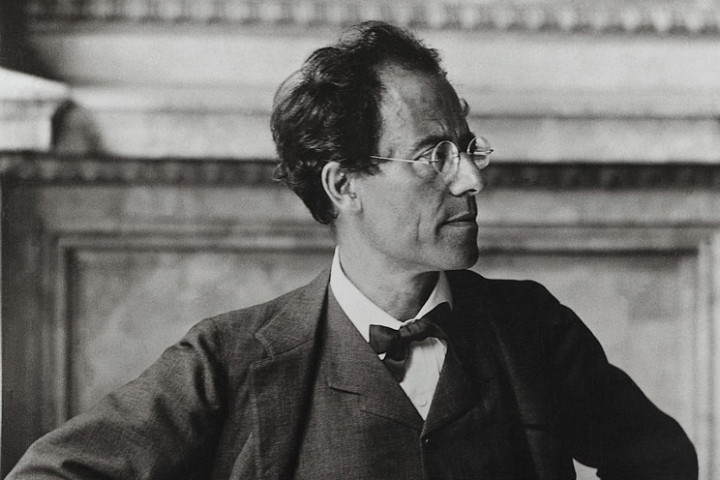Gustav Mahler, a towering figure in late 19th and early 20th-century classical music, was born on July 7, 1860, in Kalischt, Bohemia (now Kaliště, Czech Republic). He was the second of fourteen children in a Jewish family, and his early exposure to music came from his parents, who recognized his prodigious talent. At the age of four, Mahler began piano lessons, showcasing an innate musical ability that would shape his future.
Mahler's formal education in music commenced at the Vienna Conservatory in 1875, where he excelled in composition and piano. He struggled with poverty during this period but persevered, earning a conductor's post in the provincial town of Bad Hall. His career gained momentum when he secured positions in prestigious theaters in Laibach (now Ljubljana, Slovenia) and Olomouc, showcasing his aptitude for conducting.
Gustav Mahler, a name that echoes through the annals of classical music history, stands as a towering figure among composers of the late Romantic era. Born on July 7, 1860, in Kalischt, Bohemia (now the Czech Republic), Mahler's profound musical genius has left an indelible mark on the world of orchestral composition. Renowned for his grand symphonies and deeply introspective works, Mahler's music transcends boundaries, stirring the deepest emotions within listeners. Join us as we delve into the life and legacy of this extraordinary composer.
Mahler's early life was marked by tragedy and perseverance. Coming from a modest Jewish family, he faced adversity from an early age. Despite financial constraints, young Gustav displayed exceptional musical talent and a burning passion for music. Recognizing his potential, his parents arranged for him to receive musical training in piano and violin. Mahler's dedication and exceptional progress earned him a scholarship to the Vienna Conservatory at the age of 15.
